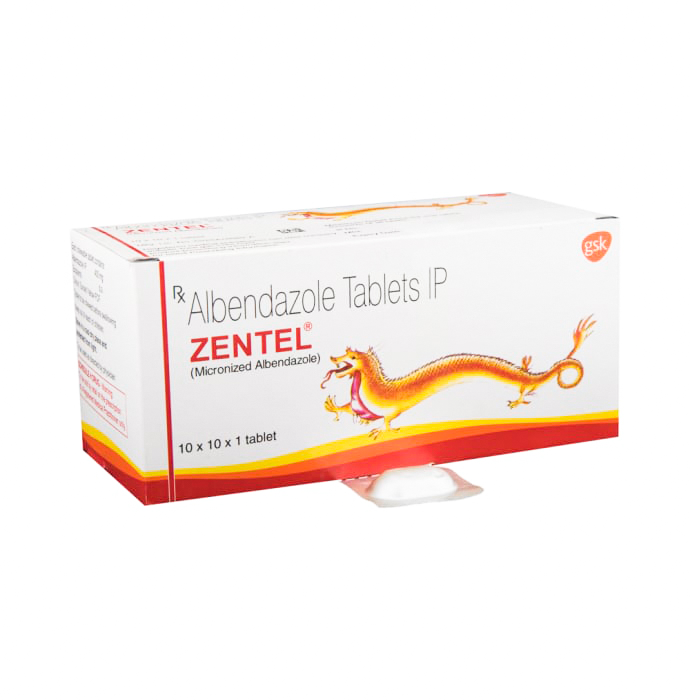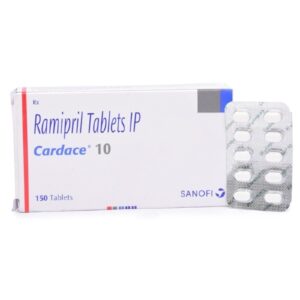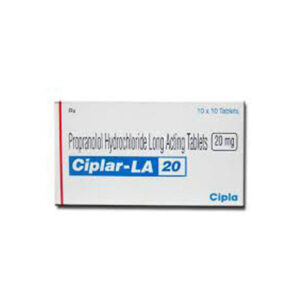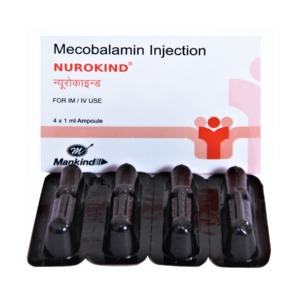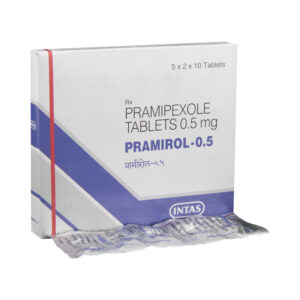Albendazole Information
Pronunciation
al BEN da zole
What is this drug used for?
• It is used to treat infections caused by worms.
Frequently reported side effects of this drug
• Headache
• Abdominal pain
• Vomiting
• Nausea
Other side effects of this drug: Talk with your doctor right away if you have any of these signs of:
• Infection
• Bleeding like vomiting blood or vomit that looks like coffee grounds; coughing up blood; blood in the urine; black, red, or tarry stools; bleeding from the gums; abnormal vaginal bleeding; bruises without a reason or that get bigger; or any severe or persistent bleeding.
• Liver problems like dark urine, fatigue, lack of appetite, nausea, abdominal pain, light-colored stools, vomiting, or yellow skin.
• Severe loss of strength and energy
• Signs of a significant reaction like wheezing; chest tightness; fever; itching; bad cough; blue skin color; seizures; or swelling of face, lips, tongue, or throat.
Medication Safety Issues
Sound-alike/look-alike issues:
Albenza may be confused with Aplenzin, Relenza.
International issues:
Albenza [US] may be confused with Avanza brand name for mirtazapine [Australia].
Storage and Stability
Store between 20°C and 25°C (68°F to 77°F)
Adverse Reactions
Central nervous system: Dizziness, headache (more common in neurocysticercosis), increased intracranial pressure, meningism, vertigo
Dermatologic: Alopecia
Gastrointestinal: Abdominal pain, nausea and vomiting
Hepatic: Increased liver enzymes (more common in hydatid)
Miscellaneous: Fever
Rare but important or life-threatening: Acute hepatic failure, acute renal failure, agranulocytosis, aplastic anemia, erythema multiforme, granulocytopenia, hepatitis, hypersensitivity reaction, leukopenia, neutropenia, pancytopenia, skin rash, Stevens-Johnson syndrome, thrombocytopenia, urticaria –

